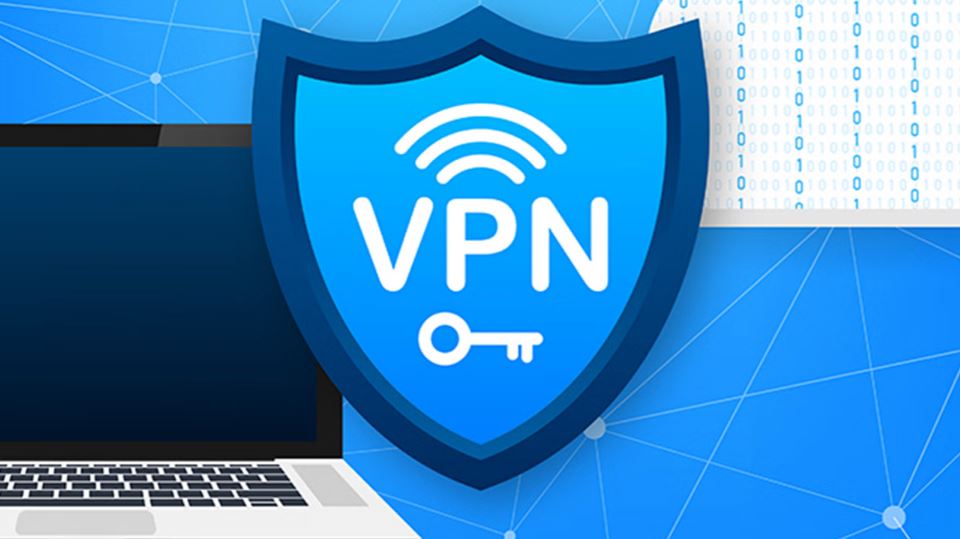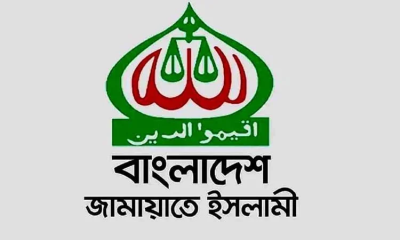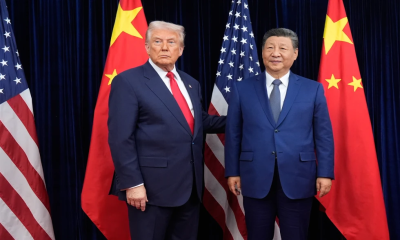In the wake of escalating violent protests in Bangladesh, a massive surge in Virtual Private Network (VPN) usage has been witnessed as citizens strived to circumvent government-imposed internet restrictions.
The aim of limiting access to social media platforms and news websites in this scenario is usually to restrict communication among protesters and prevent the dissemination of information that could incite further unrest. However, such restrictions have inadvertently fueled a surge in VPN usage as citizens seek alternative means to access blocked content and communicate securely.
The vpnMentor research team found an astonishing 5016% increase in VPN demand in Bangladesh during the past week, starting on Monday, July 22, and reaching its peak on Thursday, July 25, three days later. After the situation de-escalated, broadband internet was restored, and VPN demand started to go back down on July 25 and to the date of this publication remains still in high numbers of over 2,500%.
VPNs offer users the ability to bypass imposed firewalls by encrypting their internet traffic and routing it through servers located in other countries.
This enables individuals to mask their true IP addresses and access websites that are otherwise restricted within their region. As a result, VPNs became an essential tool for many Bangladeshis looking to maintain their online freedom while the temporary restrictions were in place.
Past VPN Demand Growths
The vpnMentor research team has recorded several similar VPN demand spikes related to protests, social media suspensions, and restricted access to certain apps or websites.
For instance, in March 2024, VPN demand in Spain skyrocketed by 330% a day before an opposition protest in Madrid. Two weeks later, Spain saw another spike in VPN demand, this time by 150%, after a court ruling temporarily banned Telegram in the country.




-20260222063838.webp)




-20260206050656.webp)



























